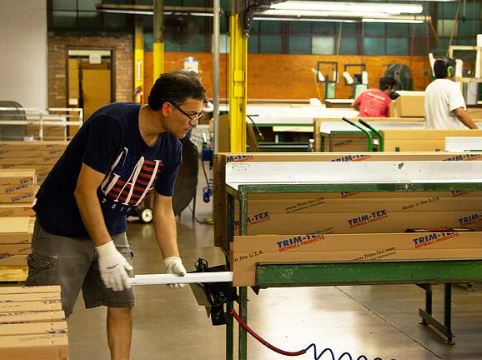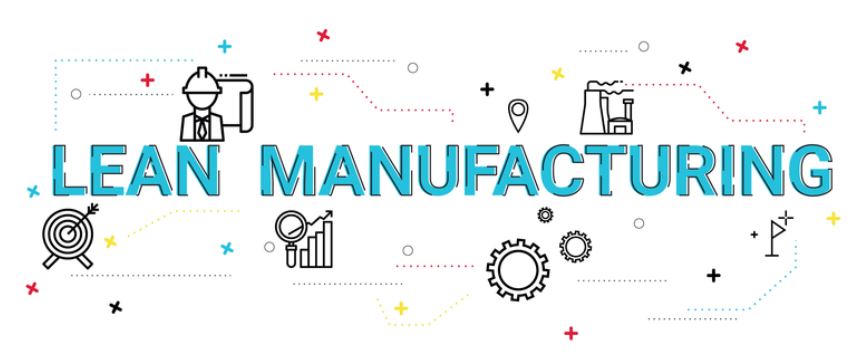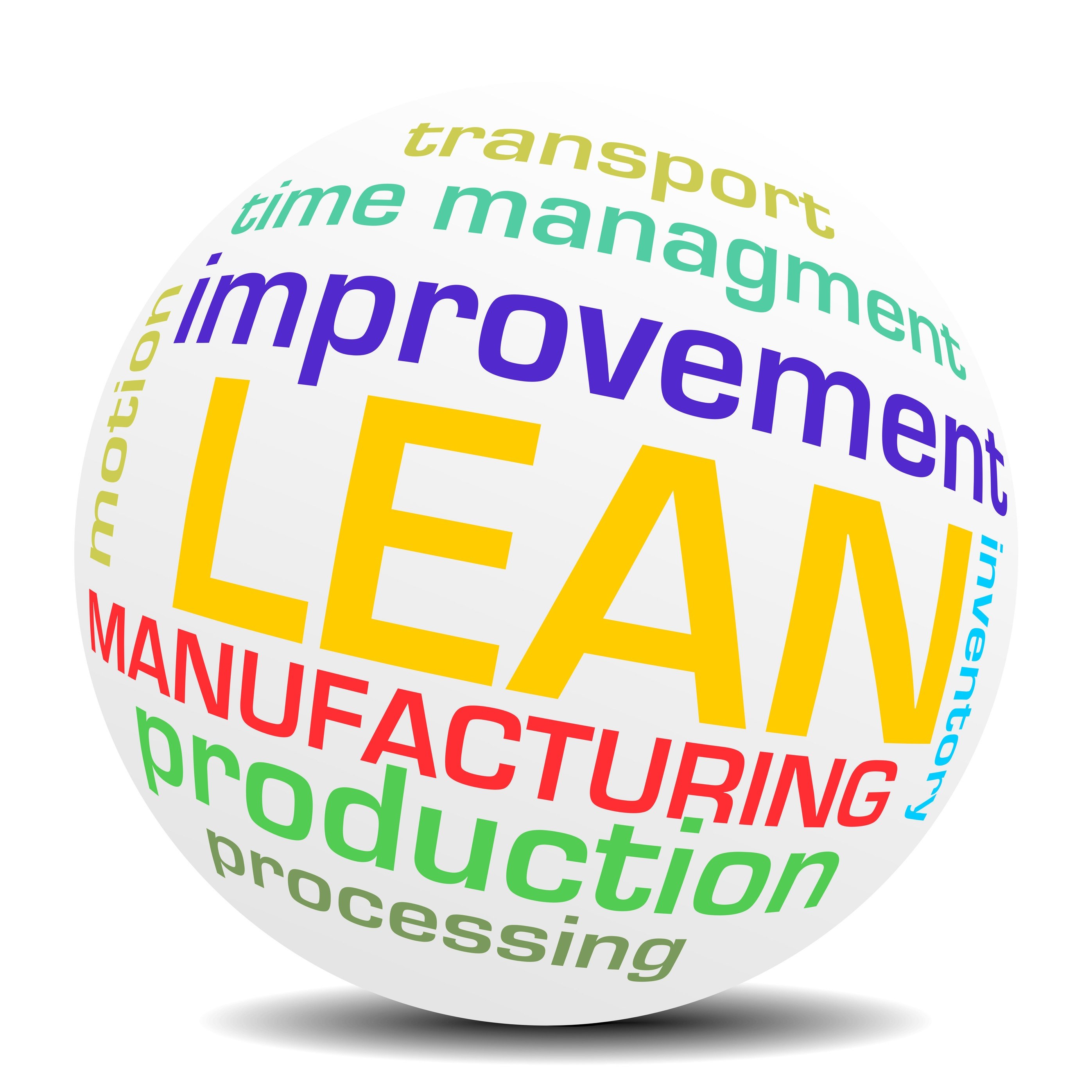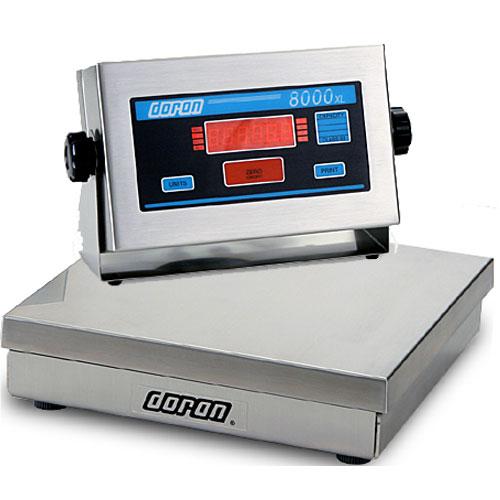The global response to the Coronavirus has impacted all of us. The need for continuous improvement persists, and one may argue is even more important during challenging times. How can we use lean tools during this time?
Lean Through COVID-19: Adapting Lean Tools To Changing Times
Posted by Greg Thompson on Aug 11, 2020 11:52:22 AM
How to Implement Standard Work in a Covid-19 Environment
Posted by Greg Thompson on Jun 18, 2020 2:12:37 PM
Coauthored by Rick Wrinkler and Greg Thompson.
Standard work means determining and documenting the ideal process to produce correct and consistent results. It represents the best sequence and the most efficient methods to perform a process. It is considered a way to achieve the highest possible degree of consistency in any process. The purpose is to ensure that everything is done by everyone in a similar manner and carry out the work that achieves the highest quality, best service, and lowest cost possible.
In the world of Lean Manufacturing, this definition and adherence to Standard Work has resulted in positive, repeatable results in a variety of industries. In today’s Covid-19 environment, practitioners with years of experience in industry strongly believe that Standard Work will and should be one of the foundational tools to develop, implement, and maintain strategies to combat the Coronavirus in a manufacturing environment.
Trim-Tex Team Takes on Six Sigma Green Belt Training
Posted by IMEC on Jun 3, 2020 1:46:47 PM
This is an original article, written by Trim Tex.
The story of every successful manufacturer is one of nonstop self-improvement. What may have been an effective process five or 10 or 20 years ago — or, for a manufacturer with a history as long as Trim-Tex’s, 50-plus years ago — may no longer be the best road forward. To provide customers with the best possible products and services, sometimes it can take a manufacturer shattering its own status quo. And sometimes that may take a little extra education. This is exactly what some folks here at Trim-Tex are doing, by enlisting in Six Sigma “Green Belt” certification training.
Lean Innovation: What Manufacturers Can Learn From the Tech Sector’s Appropriation of Lean Thinking
Posted by IMEC on May 6, 2020 1:48:00 PM
This is an original article from the NIST Manufacturing Innovation Blog, written by Brian Hagas.
Training Within Industry: Job Instruction - Why Now?
Posted by Ed Huey on Apr 22, 2020 11:51:06 AM
The Defense Production Act may require you to shift production to a different product and therefore you need to rapidly train your team members. Others may need to reduce their workforce and move team members to other jobs that would require them to learn new skills. And, some companies are hiring so rapidly that they interview a person, hire them on the spot, and the person is working on the job the same day. These new team members require to be trained on everything from safety, time keeping, to their actual tasks and everything in between.
The 5S Game: Improve Productivity and Quality
Posted by Ed Huey on Apr 1, 2020 12:14:35 PM
Did you know that completing just the first "S" (Sort) of the 5S strategy may double your productivity? As you are thinking about navigating uncertain times and maintaining your productivity and quality levels, 5S can help!
Manufacturers – Lean into Your Role in Illinois’ Economy
Posted by Simone Erskine on Sep 18, 2019 8:15:00 AM
It is no secret that manufacturers play a critical role in the state’s economy. Manufacturing alone contributes the largest amount per industry to the state’s output with 12% Gross State product. It is the state’s powerhouse industry that is responsible for 93% of its exports, pays $52 billion in wages and benefits to 592,000 people – that’s about 9.2% of the state’s workforce.
Lean Best Practices & The Role of AR as a Lean Manufacturing Tool
Posted by IMEC on Mar 22, 2019 10:32:00 AM
This is an original article, written by Ed Sowoski of Light Guide Systems.
As a lean practitioner of many years, I have had the privilege of applying lean concepts in many different businesses including project engineering, repetitive manufacturing, process manufacturing and even in a sales capacity. I’ve had to apply lean principles in areas where the cycle times ranged from seconds to days, which allowed me to apply lean manufacturing tools in very different ways.
The Fundamentals to Begin a Lean Transformation
Posted by Simone Erskine on Dec 13, 2018 2:29:03 PM
Lean manufacturing techniques are proven to eliminate wastes in manufacturing processes, leading to sustained improved efficiencies and systems. However, it is important for organizations to understand that lean manufacturing is more than just a set of tools, but it is also an attitude that begins with the culture. It is a continuous improvement process that requires discipline from everyone in the organization - a lean company culture. For that to occur, the principles & benefits of lean manufacturing must be understood by those involved in the manufacturing process.
Spotlight on Success: Focusing on flow and maximizing space to increase employee and customer satisfaction
Posted by Amy Fitzgerald on Apr 30, 2018 8:13:00 AM
Doran Scales Inc. | 20 employees | www.doranscales.com
Doran Scales is a digital scale manufacturer located in St. Charles, Illinois.
SITUATION
As competition began to grow and internal processes became more cluttered, Doran Scales faced the realization that they could no longer operate as an “80’s” manufacturing company – living off of high profits, consistent customers, and minimal demand for quality products. Mark Podl, CEO, knew the operation needed significant improvement and by starting with the shop floor operations he could begin the transformation to an up-to-date, lean and quality-minded, 21st century organization.
SOLUTION
Mark first engaged IMEC in setting the framework for how they would approach and prioritize the many improvements through education on the fundamentals of lean manufacturing. By then identifying the need for a shop floor “clean-up,” the Doran Scales team alongside IMEC laid out a plan for an improvement to the physical plant layout through several Kaizen events. By streamlining manufacturing processes and organizing tools and people in a more efficient flow, the team was able to kick start the journey to lean – each individual owning their incremental improvements and committing to the new way of working. “Pushing past the initial stigma of needing to be ‘fixed’ was difficult for some,” said Podl, “but having the guidance of individuals [IMEC] with experience has been extremely helpful. They provided us with the support we needed to get from point A to point B.”













